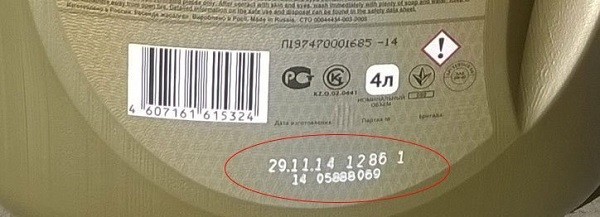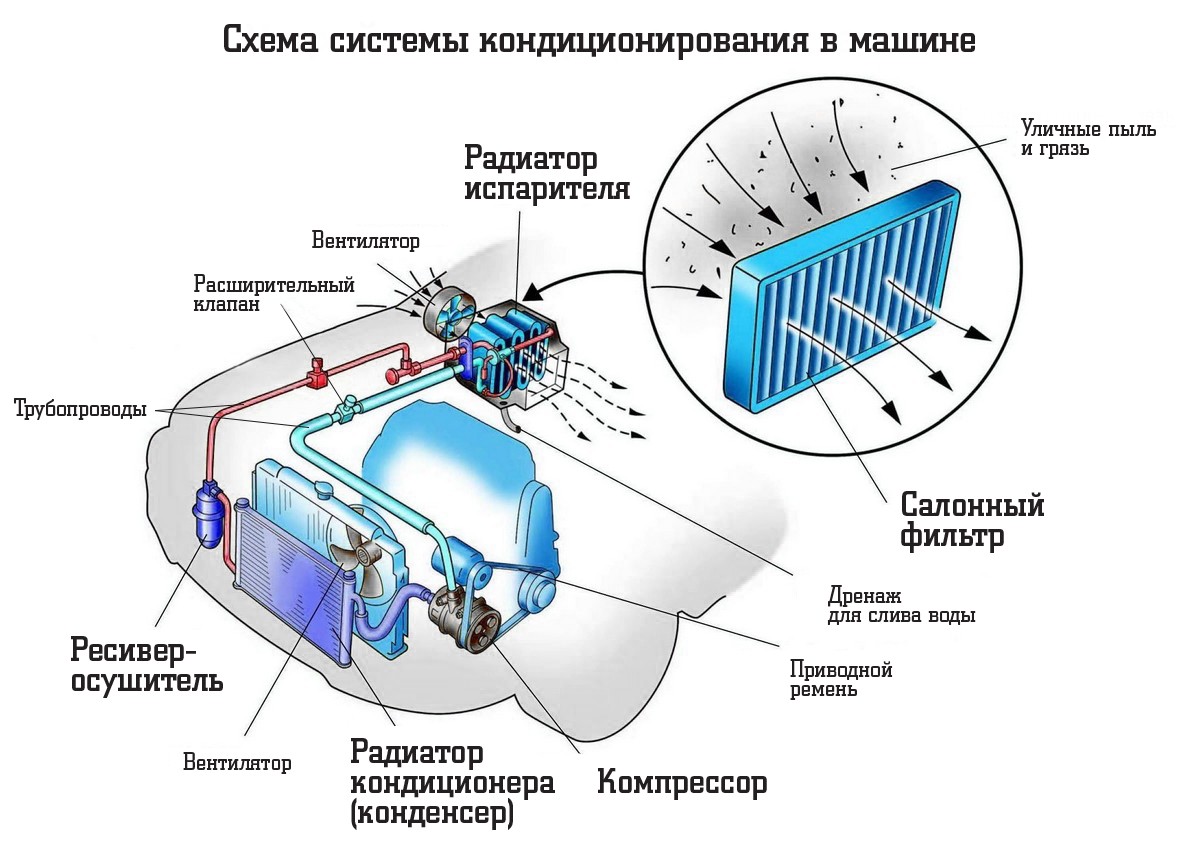
What is the expiration date of engine oil?
Content
If you're planning to store your oil, it's helpful to know how long an engine oil lasts. Store your engine oil in a cool, dark place to help it last longer.
Every driver knows the importance of regular oil changes. Generally, engine oils remain stable and have a shelf life of up to five years. However, this stability may depend on a number of factors and it is always recommended to follow the manufacturer's storage instructions. You should also keep an eye on the expiration date and refrain from using motor oil after that date. Various types of engine oils are available on the market, such as synthetic engine oil, synthetic blend engine oil, high mileage engine oil, and conventional engine oil. Their composition and additives in them will affect their stability and storage capacity.
Engine oil composition
The main factor determining the shelf life of engine oil is its composition. Synthetic motor oil is derived from petroleum and non-petroleum chemicals. Hydrocarbon molecules in synthetic motor oil are evenly distributed throughout it. This forms a base or alkali that remains stable at both very high and very low temperatures. It does not contain contaminants such as paraffin wax, a component of crude oil, which also contributes to a longer shelf life.
Additives determine shelf life
Mobil 1 and other oil manufacturers add several compounds to their petroleum products so that they can best protect your engine and also last longer. These additives help maintain the viscosity and consistency of synthetic motor oils. In other words, it must flow freely at all temperatures within the required test standards.
If your engine oil contains elements such as copper and iron, this can shorten its shelf life because these elements act as catalysts and accelerate oxidation.
To prevent engine oil from freezing at low temperatures, manufacturers add pour point depressants or pour point depressants. PPD is a type of polymer that prevents paraffin crystals from forming, allowing the engine oil to flow freely.
Detergents and dispersants in engine oil delay the formation of sludge and help keep the oil clean by weighing out contaminants in the oil.
Defoamers protect the engine oil from foaming and bubbling.
Most motor oils contain alkaline additives that neutralize acidic contaminants.
Oxidation inhibitors help maintain engine oil stability, while rust and corrosion inhibitors prevent condensation.
Calcium additives provide the necessary oxygen to the oil. They also help to delay the formation of sludge and soot.
Other Factors Affecting Shelf Life
It is recommended that engine oil be stored at a constant optimum temperature of 40 to 85 degrees Fahrenheit. Extreme temperatures, such as below 0ºF or above 100ºF, can affect the stability and ability of an engine oil to effectively lubricate an engine. Very low temperatures can lead to the formation of deposits in the engine oil.
Storing engine oil in a dusty environment may result in deterioration of its quality.
Moisture can cause condensation to form in the engine oil. This moisture can react with additives in engine oil and form insoluble particles. Sludge can also form and the engine oil can become a breeding ground for microbes.
If the engine oil bottle is left closed, it stays stable for a longer time.
Identifying Signs of a Stable Usable Engine Oil
If you have stored motor oil in a dark, cool place and it has not yet expired, you can use it. However, you should carefully check it for integrity. If it is thick and sticky, has hard or gel-like particles, do not use it. If you see that the additives seem to separate from the oil, it is not safe to use it. You should also check its color. Usable engine oils have a clear appearance and if you notice milkiness or cloudiness, this is a sign of water contamination. A change in the original color of the engine oil may also indicate its instability.
Keep in mind
Despite care when storing open and unopened bottles, temperature changes in the storage room can cause air to enter and exit the bottle. This is especially true if there is free space in it. At high temperatures, air is forced out of the container, and at low temperatures, air is drawn into it. This can cause the engine oil to deteriorate over time.
If you have recently bought a new car or any other vehicle, check if the engine oil you are using is compatible with the new car's engine. Engine manufacturers are constantly upgrading engines, and your old engine oil may not meet new standards and requirements. Using the wrong oil can damage the engine.
Regulations regarding engine oil used in vehicles may also change over time. Make sure your engine oil matches them before use.
Mobil 1 makes a range of conventional and synthetic oils including Mobil 1 Classic, Mobil 1 Advanced Full Synthetic Motor Oil and Mobil 1 High Mileage. AvtoTachki offers high quality Mobil 1 oil with every engine oil change.

